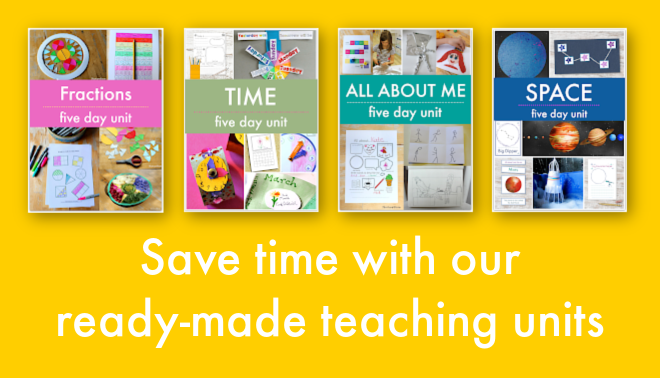Here’s a beginner’s guide on how to get started with homeschool. You’ll learn the four key steps to start homeschooling, find out about homeschool law and homeschool requirements, plus where to get ready-made homeschool lesson plans.
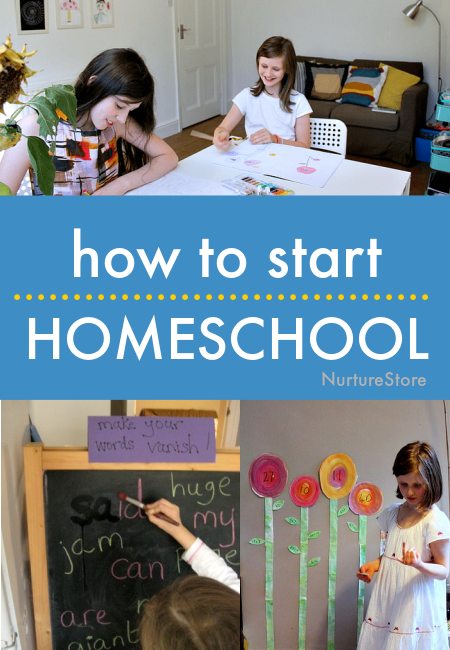
Beginners guide to starting homeschool
Today on NurtureStore we’re talking about how to start homeschooling: how set off on the right track from the beginning and also how to correct your course anytime you need a re-set and to get back on track.
This article is for you if you are brand-new to homeschooling or you have been homeschooling for some time. Your children might just have come out of school or have never been to school. Whatever your circumstances, by the end of this article you’ll have four key things to think about to help with a clear plan to move forward.
Save time with our ready-made teaching units
To help you on your homeschooling journey, come and join our popular Play Academy community. You’ll never have to plan a lesson again!
In the Play Academy you’ll have over 300 individual lesson plans to choose from so you can easily teach an engaging and successful program that includes math, literacy, science, art, and more, all year round, year after year.
Everything is planned for you and easy to find, saving you so much time.
Choose your first ready-made unit here
Come and join our popular Play Academy community and never have to lesson plan again!
Join here and download your first ready-made unit today.
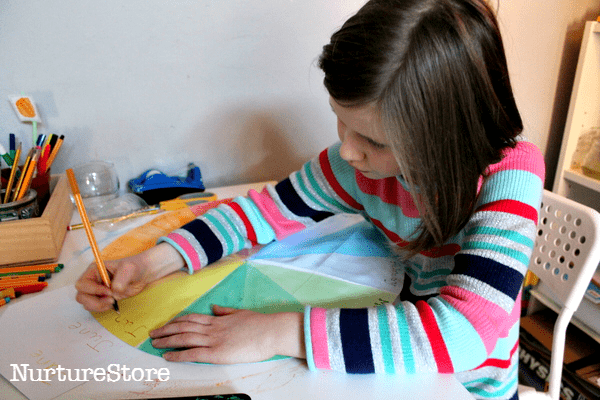
What kind of homeschooler are you?
We can be starting homeschooling for lots of different reasons. What kind of homeschooler are you?
Some of us choose to homeschool because we were home-schooled ourselves or also because we believe home education is the best way to educate our children. Some of us homeschool because of our family situation and practical reasons: where we live, where we work or our family circumstances. Some of us homeschool because our children faced challenges or difficulties in school.
We might think of homeschool as wholly positive or the best choice given the alternatives or even something we’d rather not be doing, all other things being equal.
You might be reading this because your circumstances have changed and what you were doing before no longer works – maybe your children are older, their interests and their path has changes, or you might have new children or a new job or a new home to factor in. Whatever your reasons, you are welcome here.
If you’re new here, I’m Cathy, the founder of NurtureStore. You can think of NurtureStore as your teaching fairy godmother, bringing you ready-made lesson plans and great activity ideas to help you on your homeschool journey. NurtureStore is all about learning through play and hands-on activities with the aim of raising happy, confident, and skilled children.
My husband and I have two children who we home educated for about ten years. They’ve both graduated from homeschool now and are at college and university, so I hope to share some of the lessons we’ve learned from this experience with you – paying it forward, if you like.
I know starting home education can feel overwhelming. I think it’s the best decision we ever made for our children but nevertheless it’s still a lot of work and responsibility. It can feel fantastic, freeing, and the best choice. It can also feel daunting. You might be feeling under pressure to get things right and that your children’s future depends on you.
So let’s talk about four key things you can do straight away to get clear in your mind what’s important to your family, and have a great plan on how to proceed.
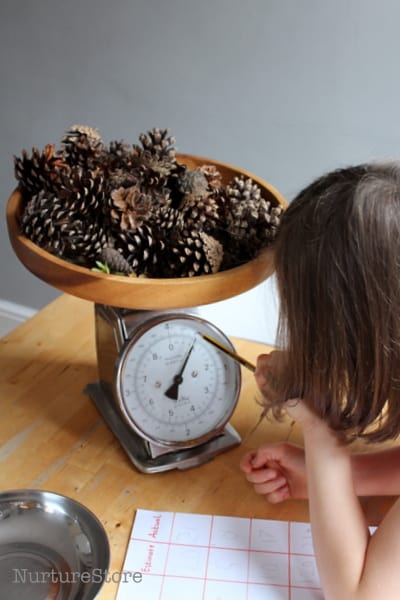
Check your homeschool laws
The very first thing you’ll want to do is to check the legal situation. This can depend on where you live – which state as well as which country – and might be affected in some cases by your child’s circumstances.
Here are some questions to consider:
:: Is it legal to home educate in your country?
You’ll want to check on your government’s website to confirm the answer.
In the UK, for example, home education is allowed under the Education Act 1996, which says:
Under the Education Act 1996, parents and guardians, including those who choose to home-educate their children, are responsible for ensuring that the education provided is efficient, full-time and suitable to the child’s age, ability, aptitude and any special educational needs they may have.
https://commonslibrary.parliament.uk/research-briefings/sn05108/
:: Do you need to notify any authority that you are homeschooling?
In the UK, this depends on whether your child has previously been in school or not. If they have (and rules are different for special schools) you will need to officially de-register, sending written notification, using specific language.
:: Do you need permission from the school your children have been attending school?
In the UK, the Child Law Advice organisation explains: “It is possible to teach a child at home on a full or part-time basis at any time, as long as the child is not subject to a School Attendance Order. Parents do not need the consent of the school or local authority.”
And the UK government website says “If your child has SEN and attends a special school, you’ll need to get the council’s permission to educate them at home. You do not need the council’s permission if your child attends a mainstream school, even if they have an education, health and care (EHC) plan.”
Other things to confirm for your circumstances might include:
:: Do you need to register your child with your council or state?
:: Do you need to teach a specific curriculum?
:: Do you need to teach a certain number of hours or days a year?
:: Do you need to keep written records of what you are teaching?
:: Does your child need to sit standard tests at some point during the year?
The answer to all of these could be yes or no, depending on which country and which state you live in, so to start off on the right foot you’ll want to do your own checks. Other local homeschooling families might be able to point you in the right direction but be sure to get the official government and state information, so you’re certain of your legal position.
This will ensure your home education is within the law.
It can also help you shape your curriculum, and what and when you teach things.
It will also give you confidence – especially if you’re beginning homeschooling for the first time – because you will be able to know you are following the rules. You might come across people who question your homeschooling, in your wider family, neighbourhood or perhaps even officials you meet – maybe medical professionals or librarians or other people you encounter. By knowing the law that applies to you, you can be knowledgeable about your rights and responsibilities and you can be confident when you’re following them correctly.
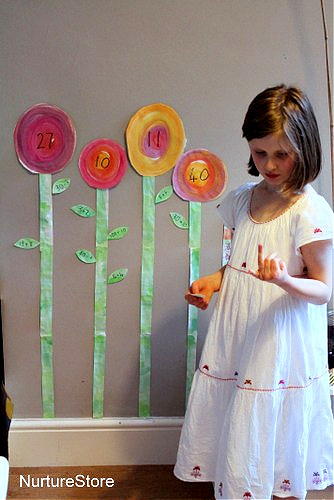
Focus on your child in your homeschool
The second thing to do when starting homeschooling is to focus on your child.
The universe or mother nature or God has given you this child. They’re unique. Even within your family, if they have siblings, you know how each child is different. You’re chosen to start homeschooling, and you’re reading this article, because you want what’s best for your children.
No one knows them better than you and no-one is more invested that you in them being successful.
So don’t compare with your neighbours or other families in your homeschool community because their circumstances and their children aren’t an exact match to yours. Don’t compare their child’s needs with your child’s needs or your day one with their year five.
Focus in on your child, what they need right now, to be their best and learn their best.
So that means thinking about their academic strengths and weaknesses.
Maybe they excel at math and need a curriculum that is about their age grade to keep challenging and developing them.
Maybe they are weak at spelling and would benefit by going back to basics in this area.
Maybe they thrive on book learning, or out and about in the world learning.
Do they like to show what they’re learning by writing a report, or talking about it, or making a model or drawing a picture?
One of the best things about home schooling is that you can adapt your curriculum, what you do, how you teach, to each individual child, so your home education teaches the way they learn best, and goes at their pace – whether that’s faster or slower than what they might be doing elsewhere.
Curriculum just means what you are teaching and what resources you are using. It doesn’t necessarily mean using a specific programme or set of text books – or using text books at all. So, follow the legal rules that apply to where you live, and then be child-centred. Think about what best suits your unique, individual child and start with that.

Think about your long term goals for your homeschool
The third thing I’d suggest you is to think long term.
To give your homeschool plan direction and balance, think about your child when they are forty. Way into the future! Perhaps even older than you are now.
Imagine for a moment how you want your child to be at age 40. Not what specific job you want them to have, but what skills and characteristics and feelings you wish for them.
Although I talk about NurtureStore being your teaching fairy godmother, we don’t have a magic crystal ball to predict the future, and of course things will change as the world develops, but we can still make a list of the kinds of things our forty-year-old children will need to have and to be, to be successful amid all the changes and challenges and opportunities they’re going to face.
I think we’d all agree we want our children to have a feeling of wellbeing; to have the math and communication and the practical skills to run a household; and importantly – given their needs and the needs of the job market will change beyond our knowing – we’ll want them to know HOW to learn, so they can adapt and gain new skills at any point in their life when they need them.
Let your homeschool open doors for them so they can take any opportunity that comes into being as they get older.
Having this long-term vision can help you not sweat the small stuff too much and give us perspective.
Will it matter when they are 40 how soon they hit certain ‘targets’?
Do you even know how old you were when you learned to write your name?
How old you were when you knew your 7 times tables?
When you knew how to spell “definitely”? That’s one of most mis-spelled words in the English language. Maybe you still don’t always get it right – and you’re still alive and doing ok!
What I mean here is, taking a minute to think of them when they’re 40, and keeping that long-term perspective in mind, can guide our way with wisdom.
It won’t matter, when they are 40 , if they learned their 7 times able at age 7 or 8 or 9.
It will make a difference to them if your home education has helped them feel wellbeing and confident that they know how to learn things.

Think about your short term homeschooling plans
Now let’s get more practical and specific with the fourth thing by thinking short term.
We’ve checked the legals, we’ve placed our child at the centre of our plans, and we’ve envisioned them when they are 40. Now we need to simply make a start!
Here’s the thing: there’s no such thing as perfect. It’s not make or break on the first day or first week or even first year. So, let’s make a start.
You do not need to have the whole home education programme mapped out on day one. Things change, children change, circumstances change, and we will adapt to them all as time goes along. For now, we just need to start.
So, for this week, or this month, or this season: choose a topic to explore. Or pick one or two subjects that you want to begin with. Something your child will enjoy and be successful with. You can add more or swap to different things as you go on.
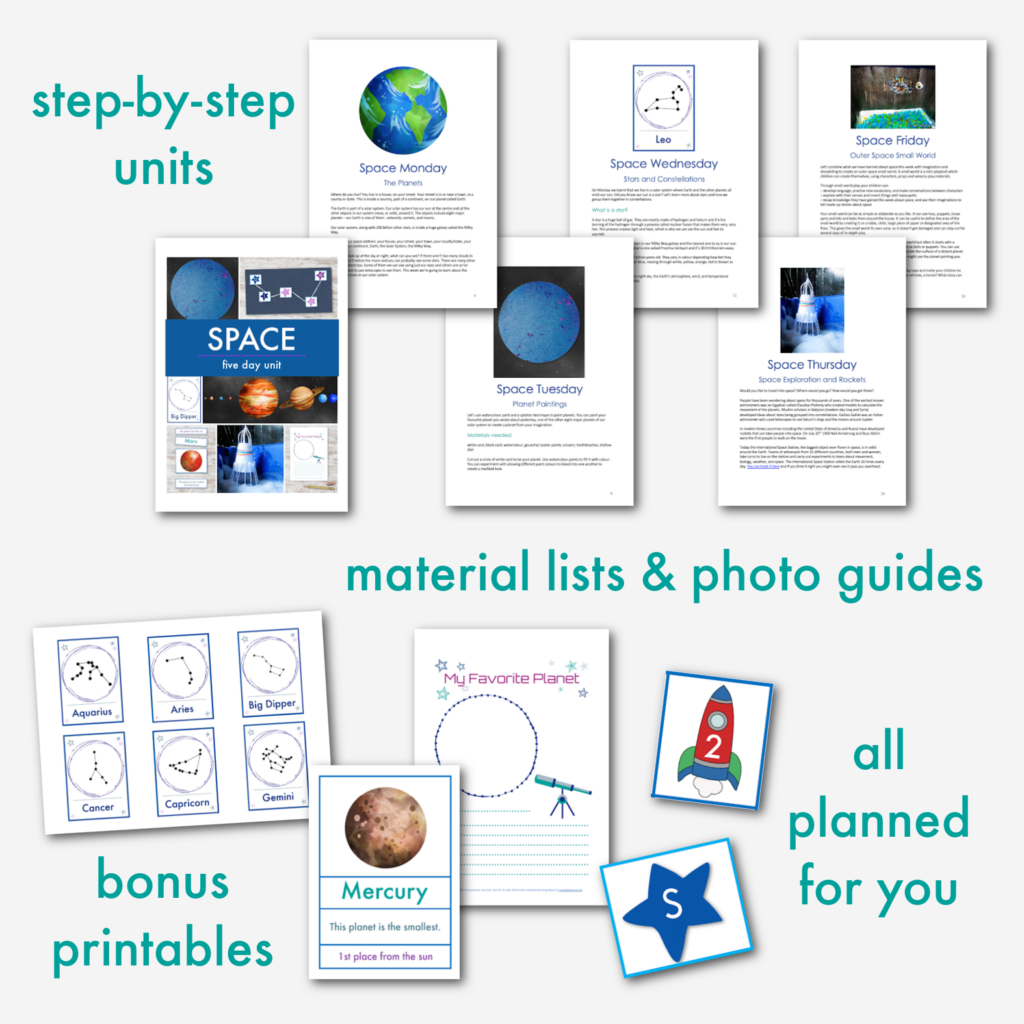
Where to get ready-made lesson plans to start homeschooling
I’ve got lots of resources you can use on the NurtureStore website when you start homeschooling, so let me be your fairy godmother and save you so much planning time.
We’ve got ready made lessons and thematic units in our Play Academy that let children learn through play, and arts, and hands-on activities.
They’re fun, they’re great for creative kids, and families with mixed aged children because everyone can join in and do them together.
We have a really wide range of topics to choose from, so if this sounds like something your children will enjoy – come and join us. Click here to join the Play Academy and choose your first unit.


